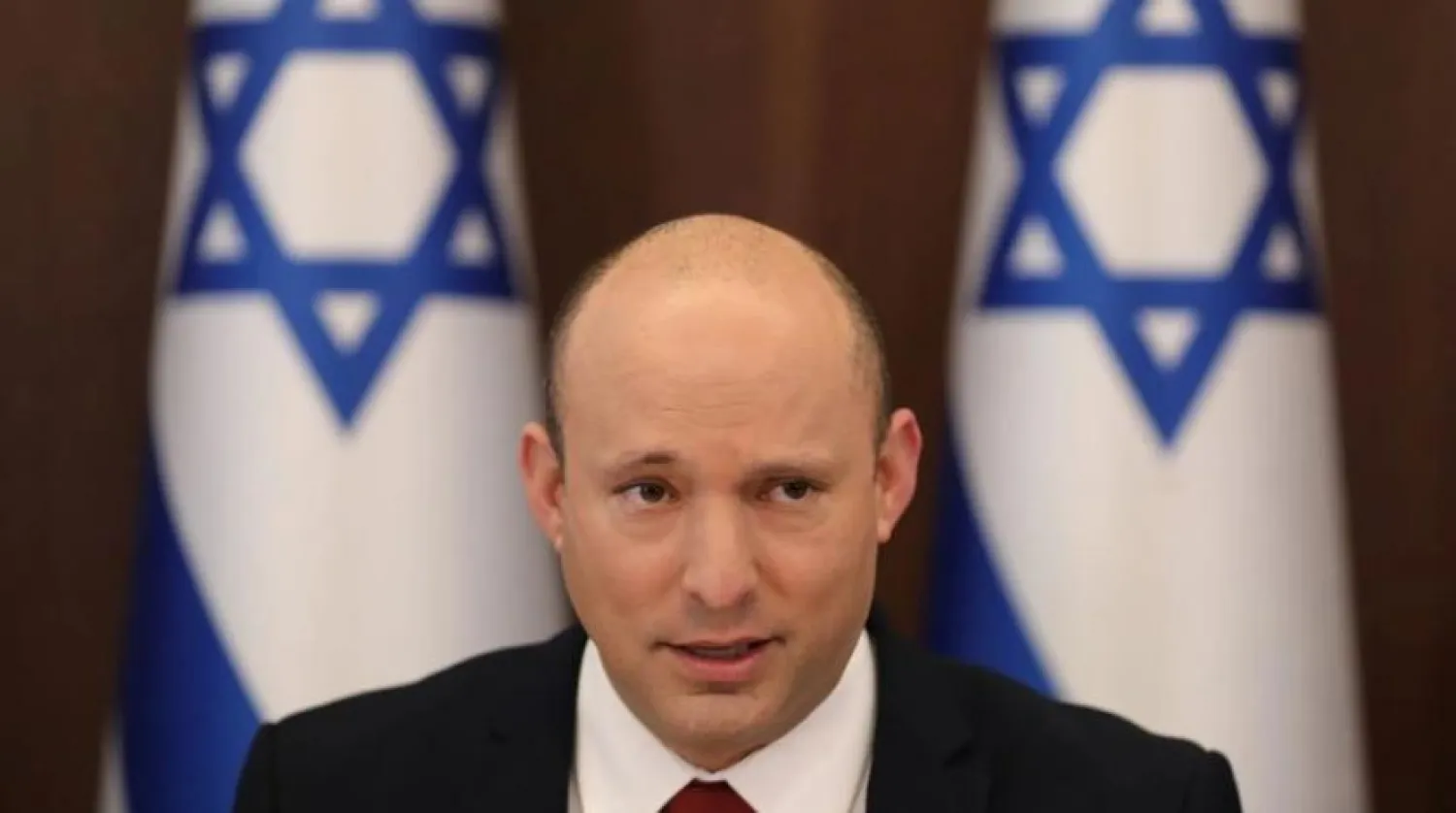Israeli Prime Minister Naftali Bennett has decided to postpone a planned trip to the United Arab Emirates this month amid the uncertainty surrounding the Omicron variant.
Sources close to the premier said that his decision comes in line with the preventive measures taken by both countries to limit the risk of the new variant’s outbreak.
However, independent sources said Israel did not add the UAE to its list of countries the citizens are banned to travel to.
Therefore, it is more likely that Bennett is facing severe criticism in the political circle after his wife and children flew abroad for the Passover holiday.
His family has ignored his own guidelines just days after the Israeli leader urged citizens to avoid international travel because of the new coronavirus variant.
Their trip came after Israel tightened travel restrictions in light of the omicron variant.
Israel closed its border to foreign visitors and barred travel to much of Africa, but Israelis are still allowed to fly to other countries and must quarantine when they return.
His family’s decision has sparked an outcry and raised questions about the public’s trust in leaders at a time of a major crisis.
Bennett was attacked by political rivals and everyday Israelis itching to return to normalcy. He was asked about his family’s trip and said they were not violating the new travel rules.
He said they were expected to fly to a country that subsequently was banned to travel for Israelis and then changed their destination.
More had been revealed about where the virus has spread since his decision to limit travel, he noted.
“I understand the criticism,” Bennett wrote on Facebook. “Everyone is leaving while following the restrictions and will of course quarantine as is required.”
Foreign Minister Yair Lapid has also been slammed for spending his vacation in France, especially that the Interior Minister, Ayelet Shaked, and other ministers cancelled their trips following the premier’s decision.









